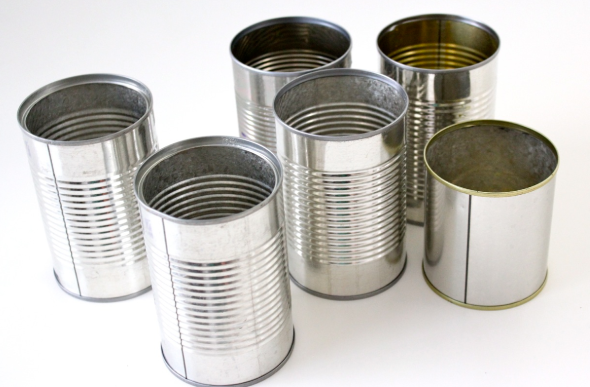Government/Policy

May 15, 2018
Tariff on Tinplate a Real Kick in the Can
Written by Sandy Williams
Tinplate steel manufacturers received the backing of a bipartisan group of House members who urged the administration to exclude steel used for can manufacturing from Section 232 tariffs.
In a letter dated May 10, Congress members implored Commerce Secretary Wilbur Ross not to impose 25 percent tariffs on steel used exclusively for can manufacturing, citing insufficient domestic production and injury to the can manufacturing industry.
“An exclusion for tinplate will not undermine the goals of the Section 232 measures – in fact, if tinplate is not excluded, the loss in demand resulting from the 25 percent tariff will also reduce demand for U.S.-made tinplate, injuring that segment of the domestic steel industry,” said the lawmakers in a May 10 letter to Ross.
In comments on March 2, Ross scoffed at any perceived injury from tariffs on steel cans. A soup can contains just 2.6 cents worth of steel, which would mean less than one cent would be added to the cost per can. “Who in the world is going to be too bothered by six tenths of a cent?” Ross said.

Lawmakers wrote that U.S. demand for tinplate steel was 2.1 million tons in 2016, while domestic production was only 1.2 million tons.
“This means only 58 percent of domestic demand can be met by U.S. tinplate producers, thus leaving no choice but for U.S. can manufacturers to turn to foreign tinplate steel suppliers,” the letter states. “Exclusion for tinplate steel imports is necessary to ensure that U.S. can manufacturers have an adequate supply of quality tinplate to support their production operations and thereby protect U.S. jobs.”
The letter also noted that the rejection rate for domestically produced tinplate is approximately 300-500 percent higher than foreign-produced tinplate and has a reputation of late delivery times.
“With tariffs on tinplate steel, plastic substitutes would become more competitive and metal can manufacturers would suffer a permanent loss in demand for their products,” wrote the lawmakers.
Food producers are also weighing in on the steel tariffs. Daniel Vincent, president and CEO of Pacific Coast Producers, told Bloomberg News that “more than half” of his “projected 2018 profit was wiped out with a stroke of President Donald Trump’s pen.”
PCP expects to use approximately 700 million tin-coated steel cans this year for produce grown in California. Since the tariffs on steel were announced, PCP’s steel costs increased 9 percent due to higher steel pricing. Vincent projects his steel bill to jump nearly $20 million this year.
“Look, we all want to protect U.S. steelworkers,” said Vincent. “But we don’t want to be an unintended consequence of this.”







